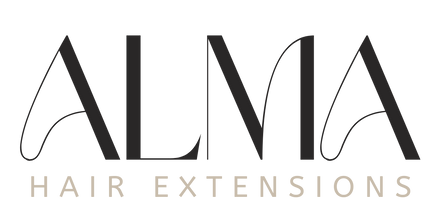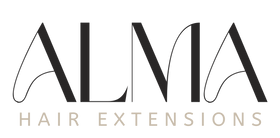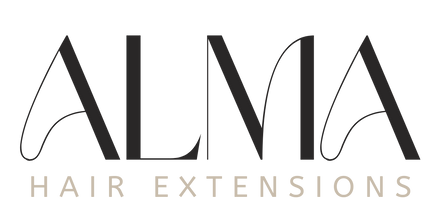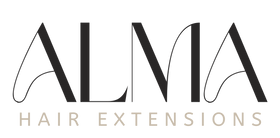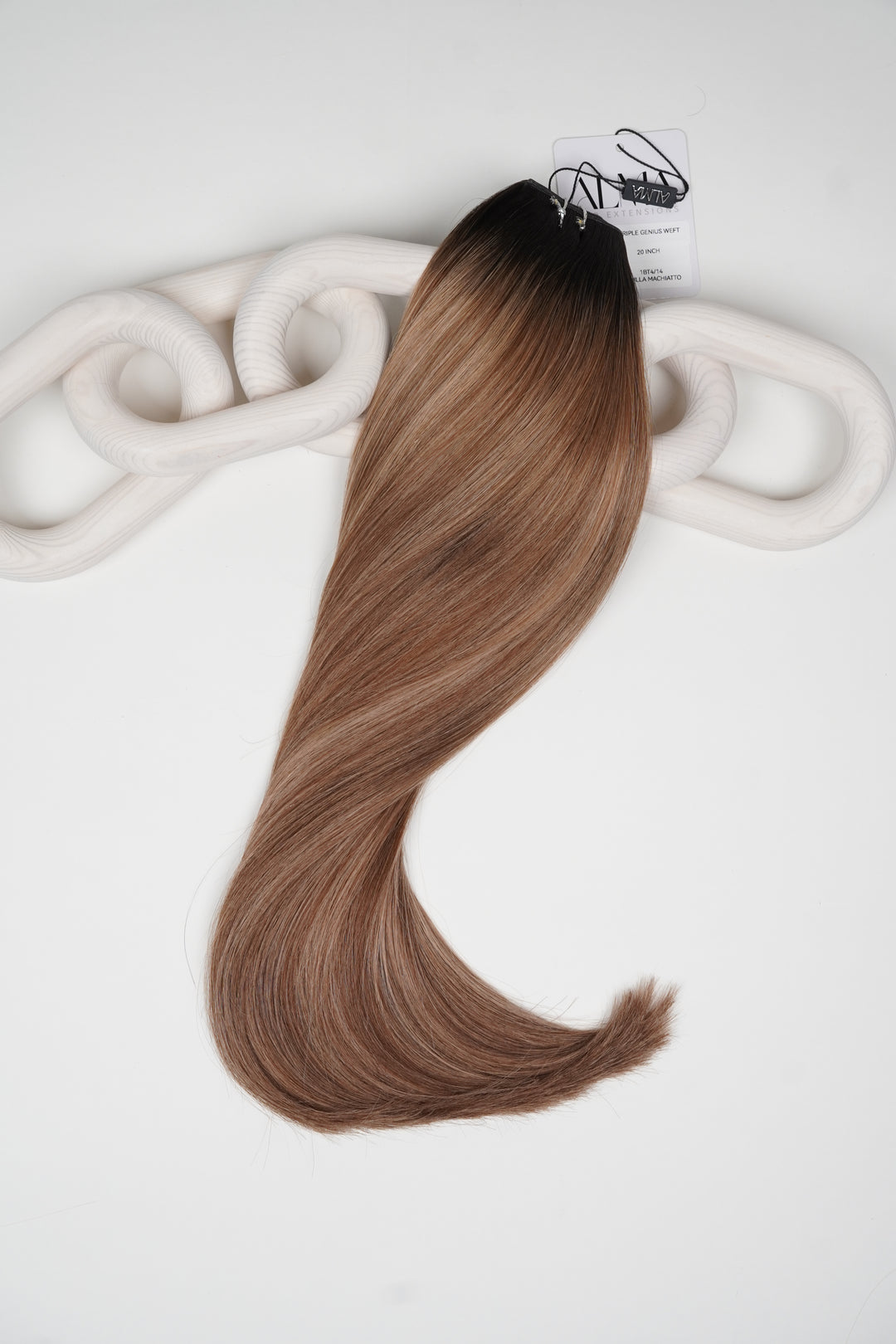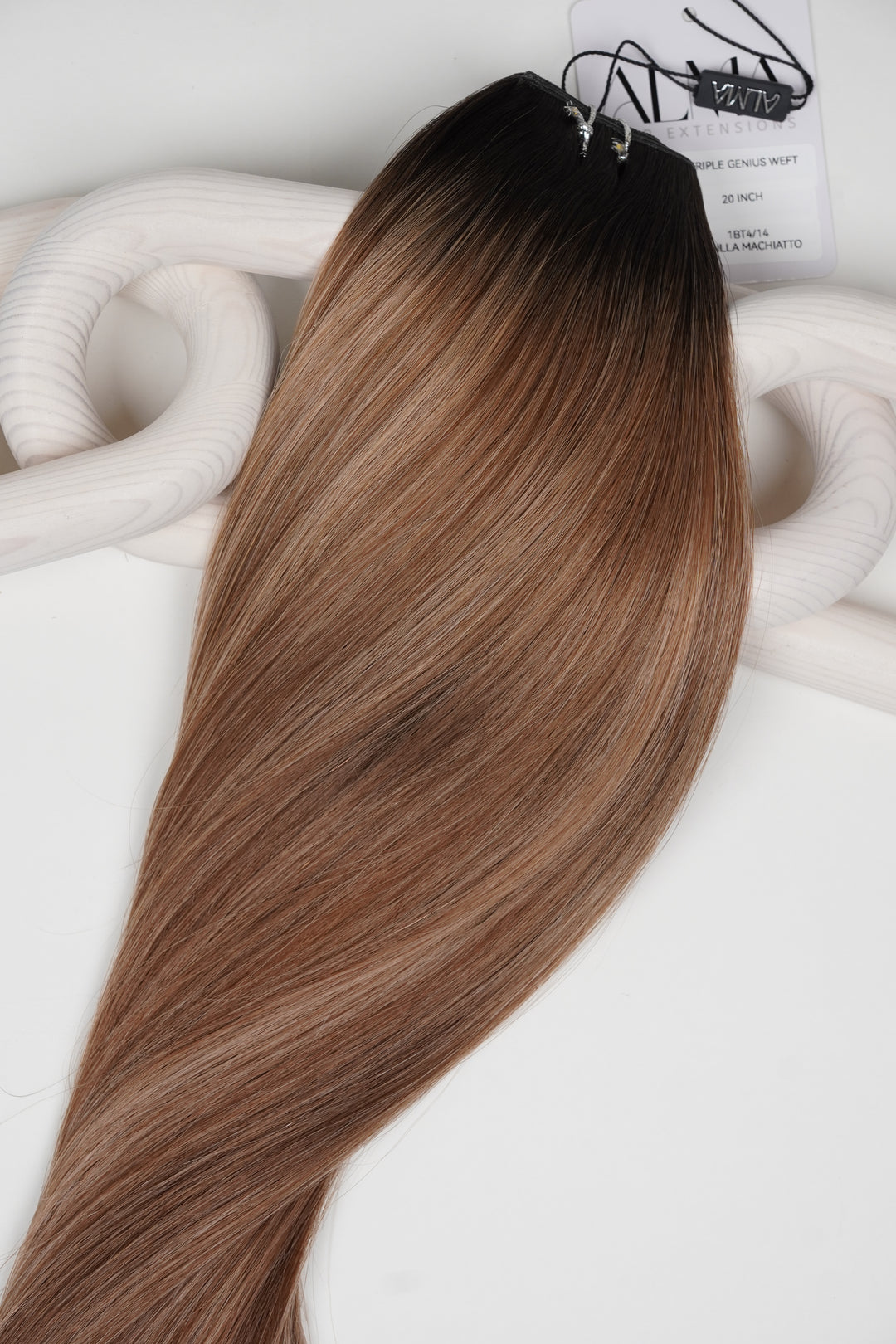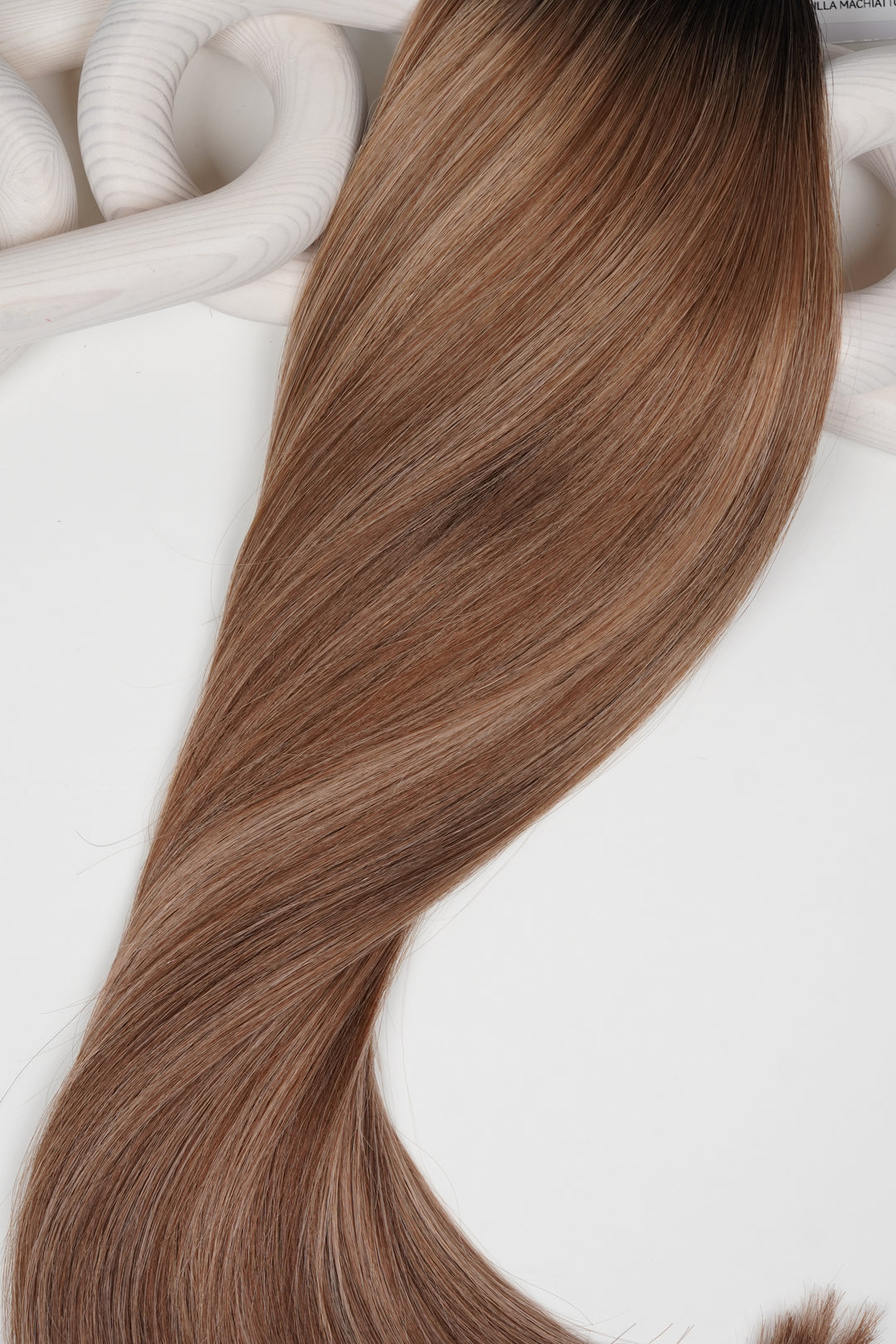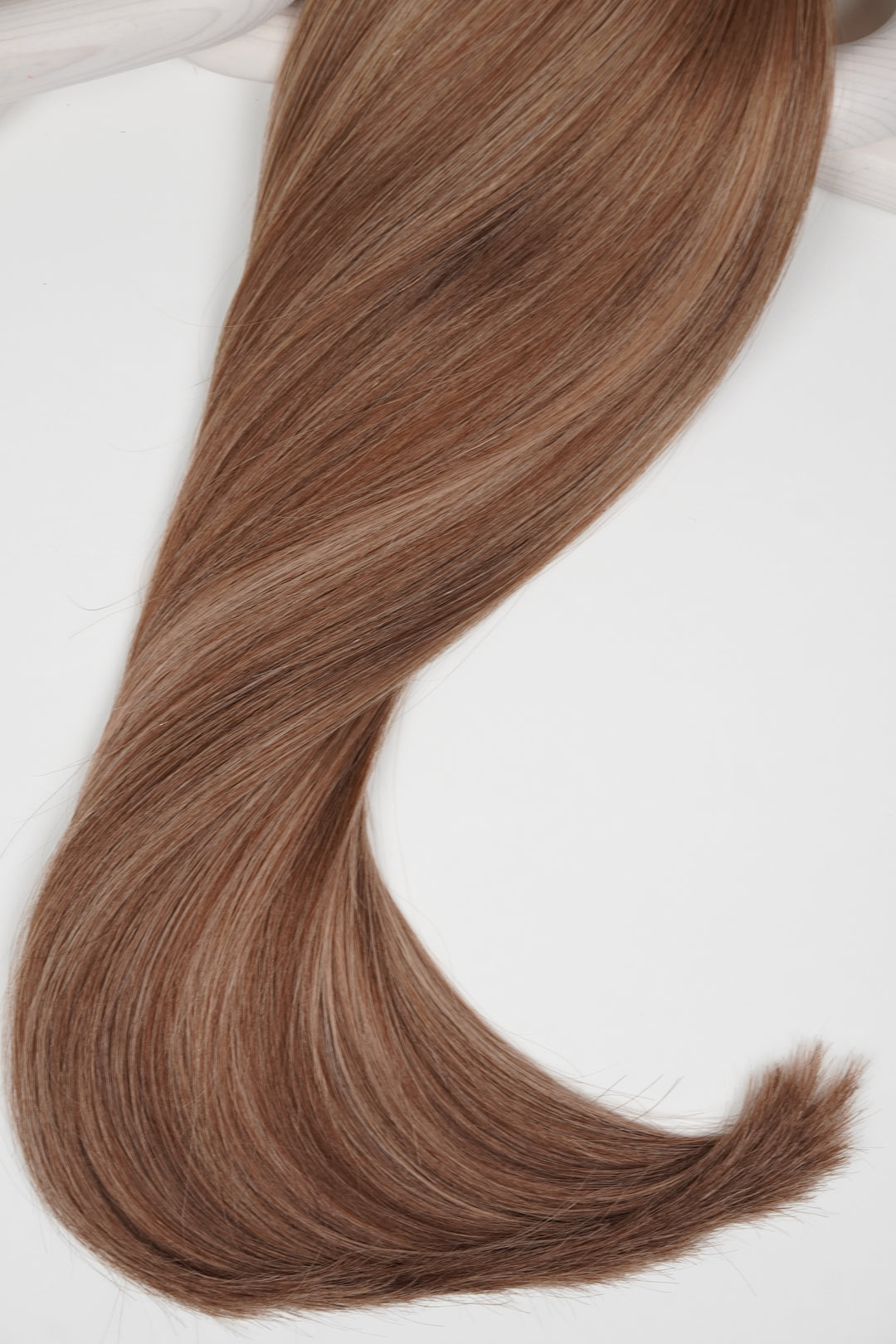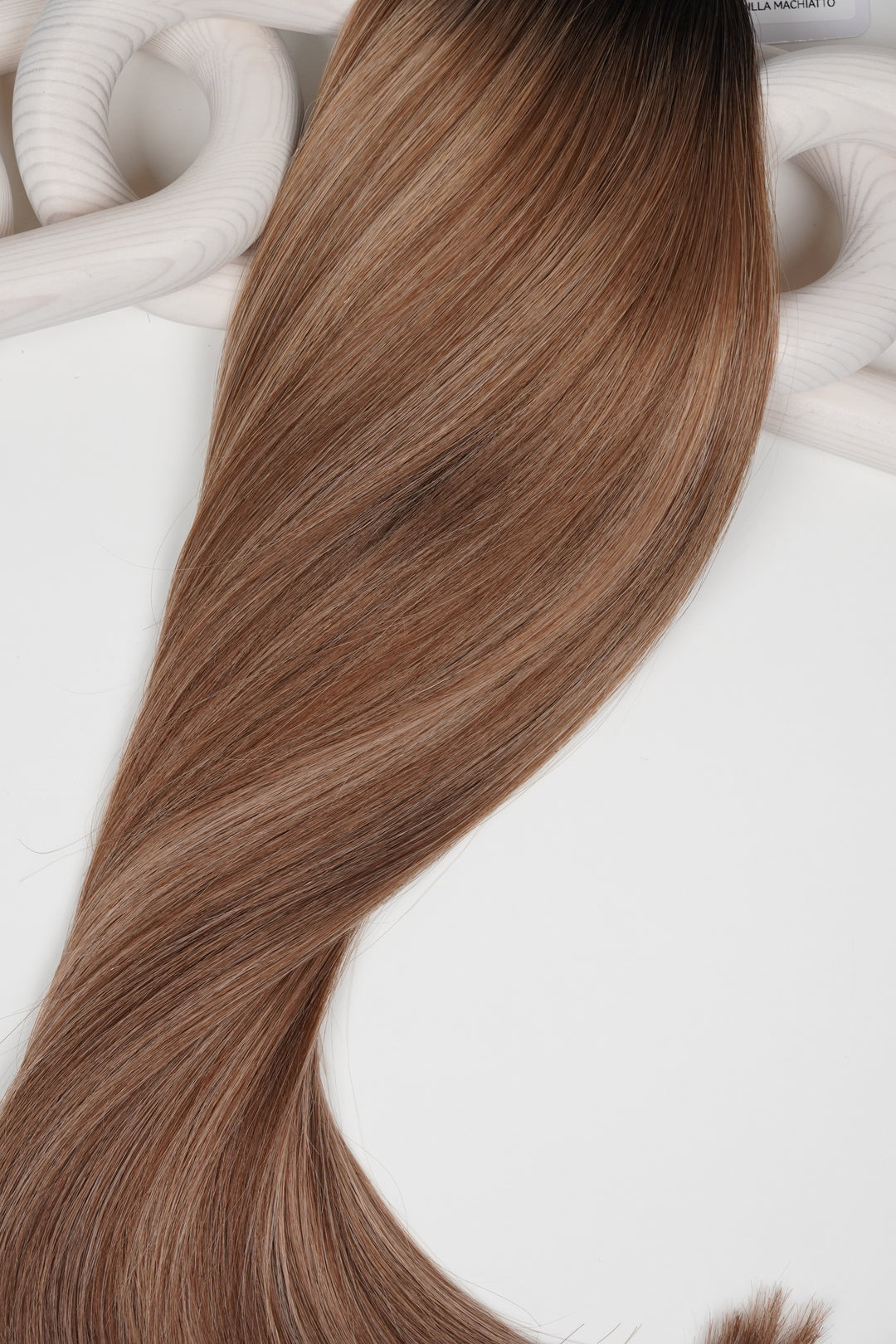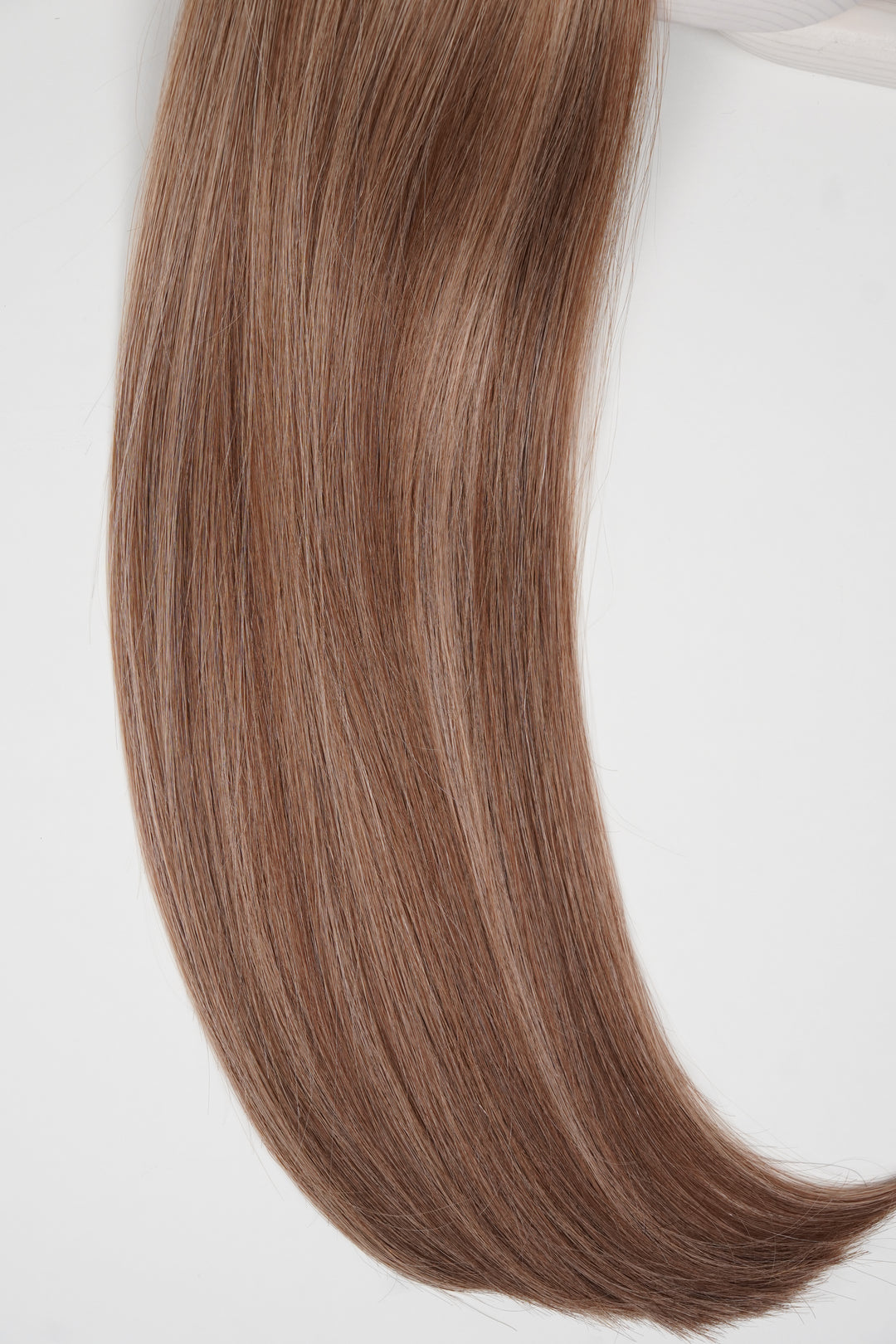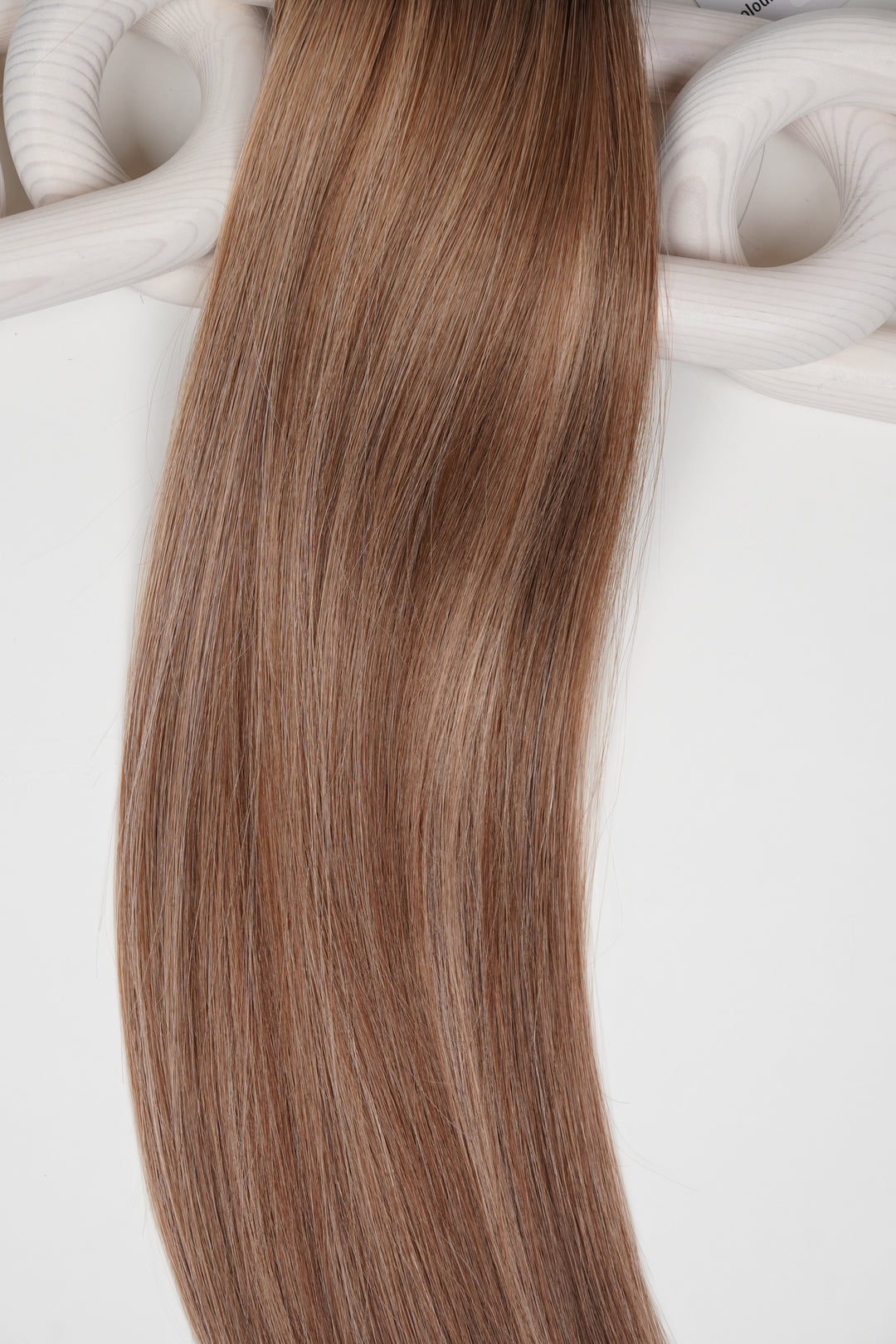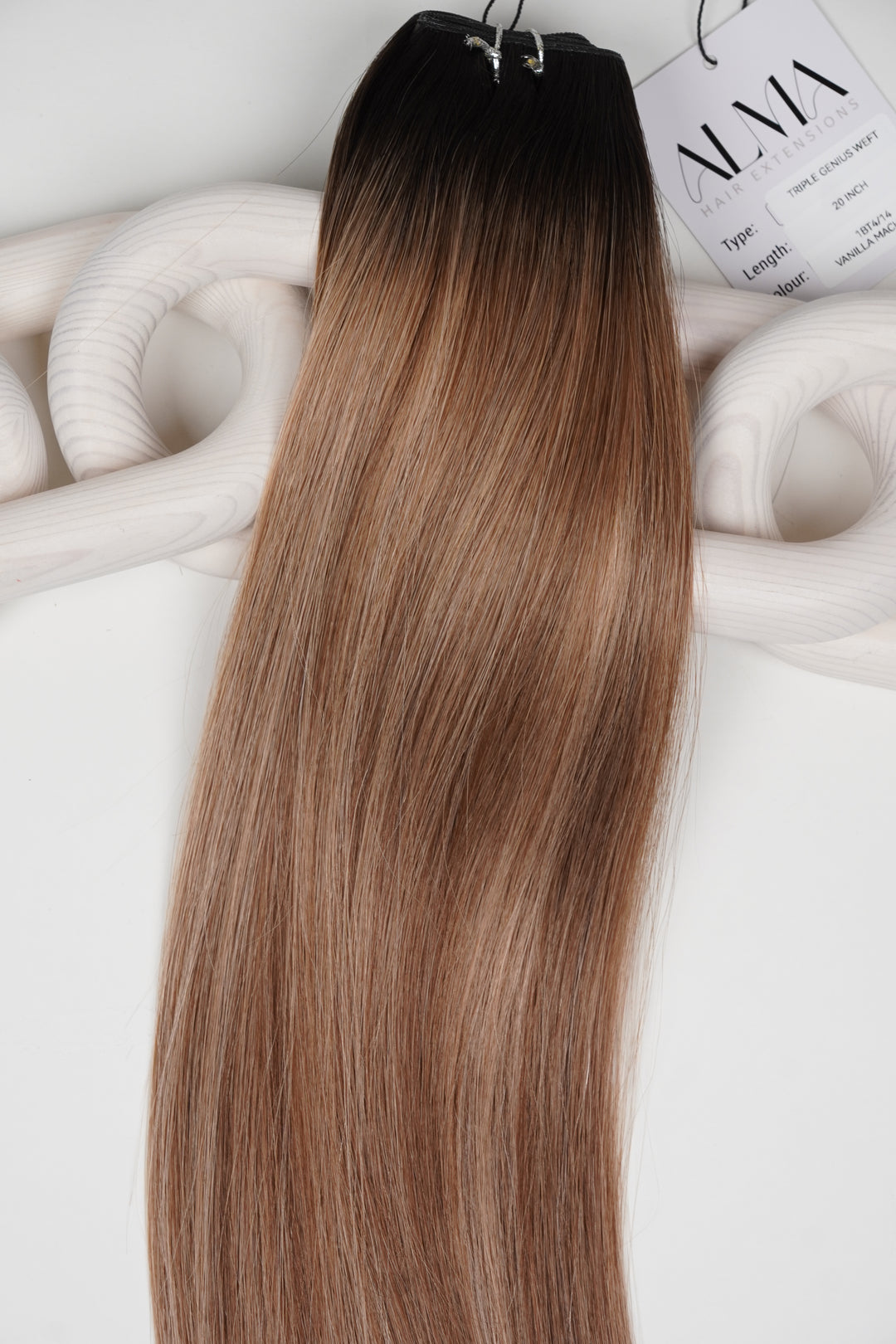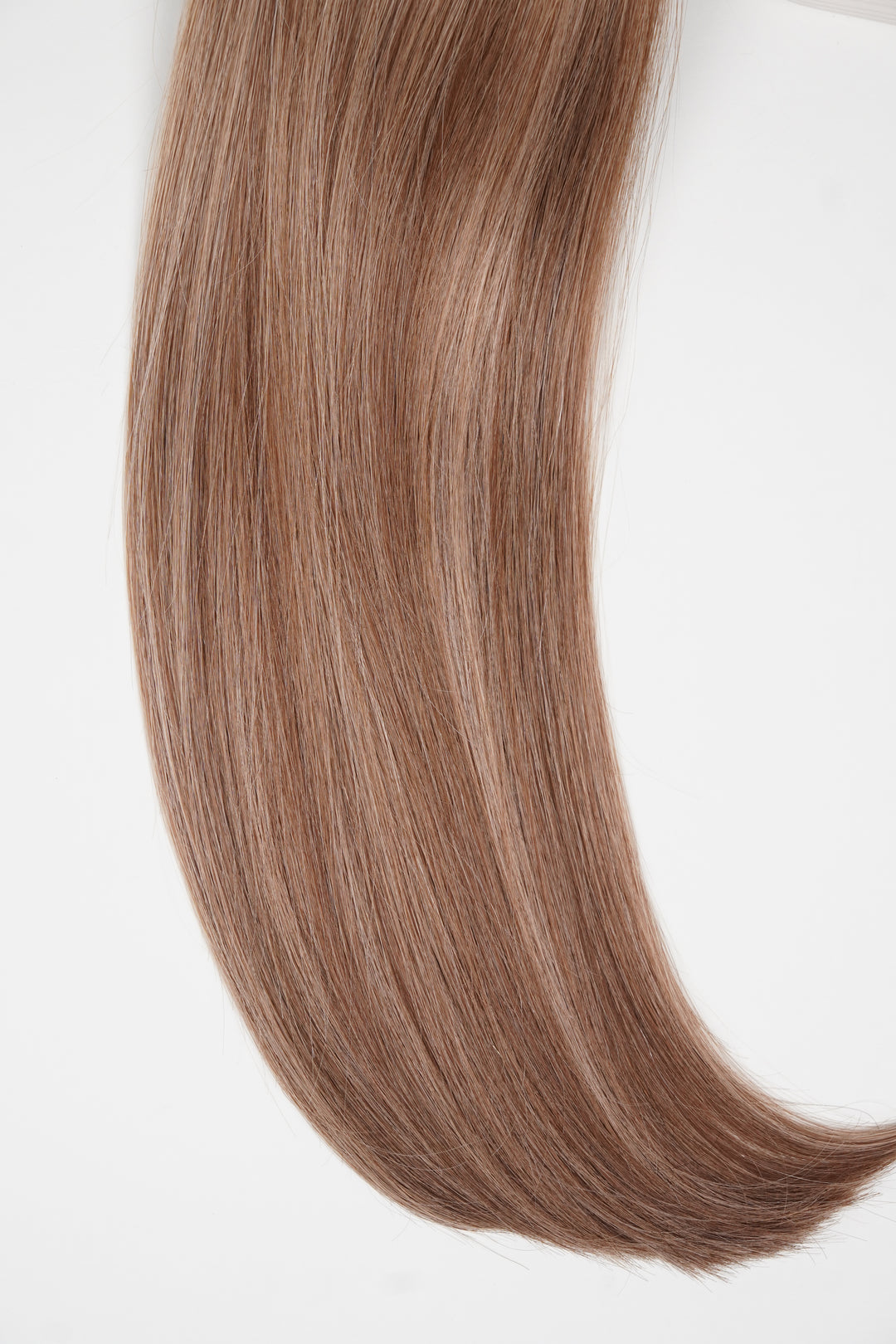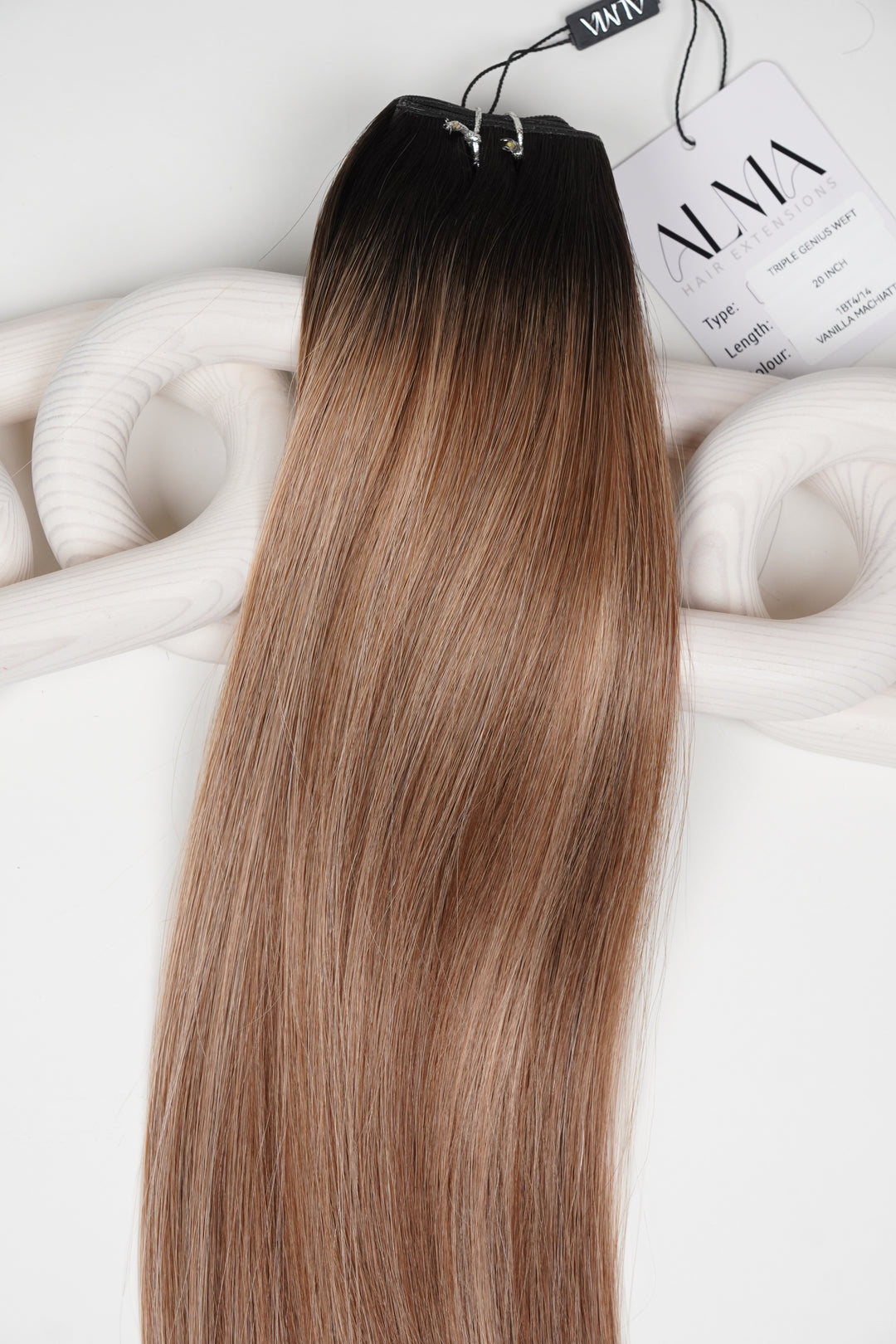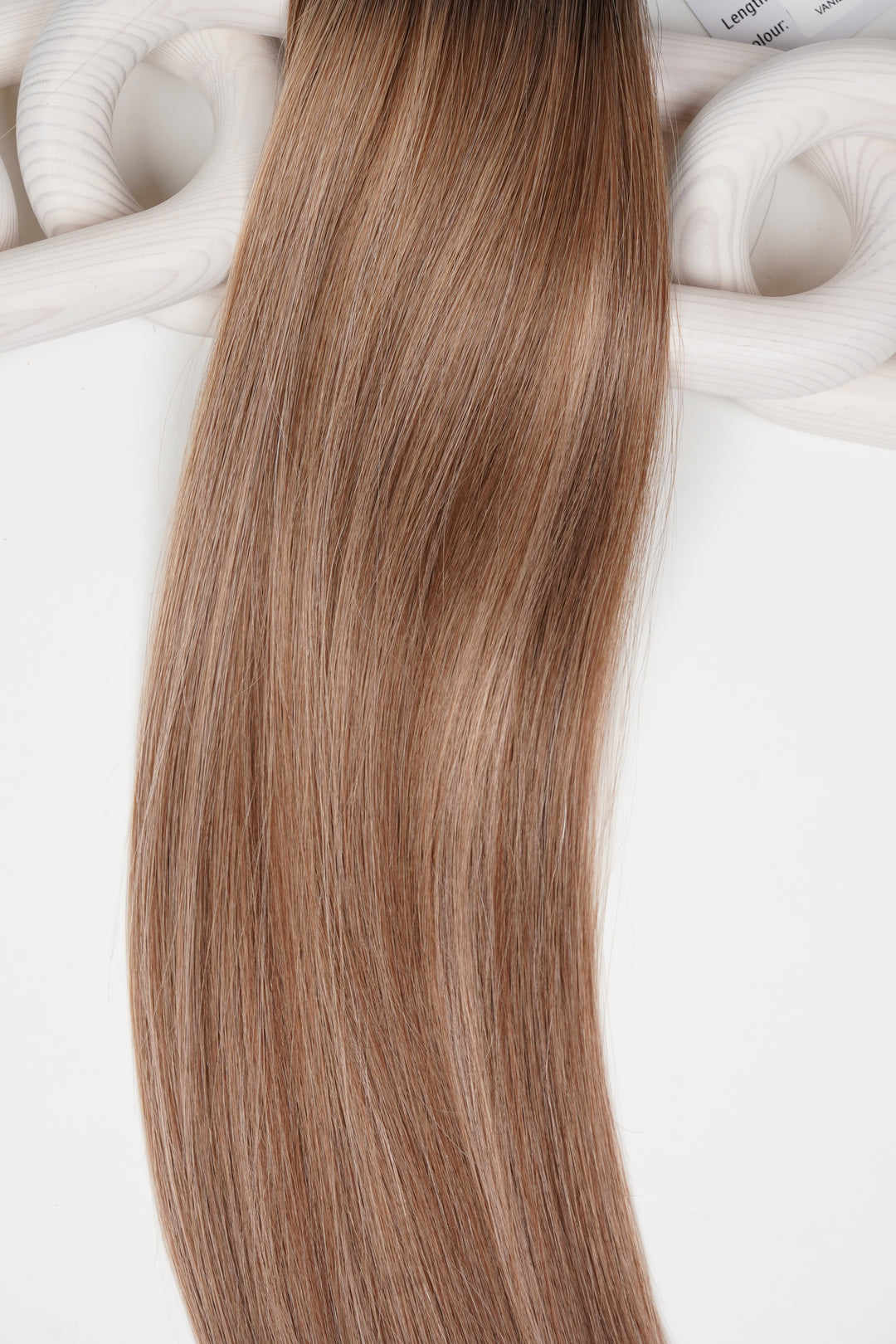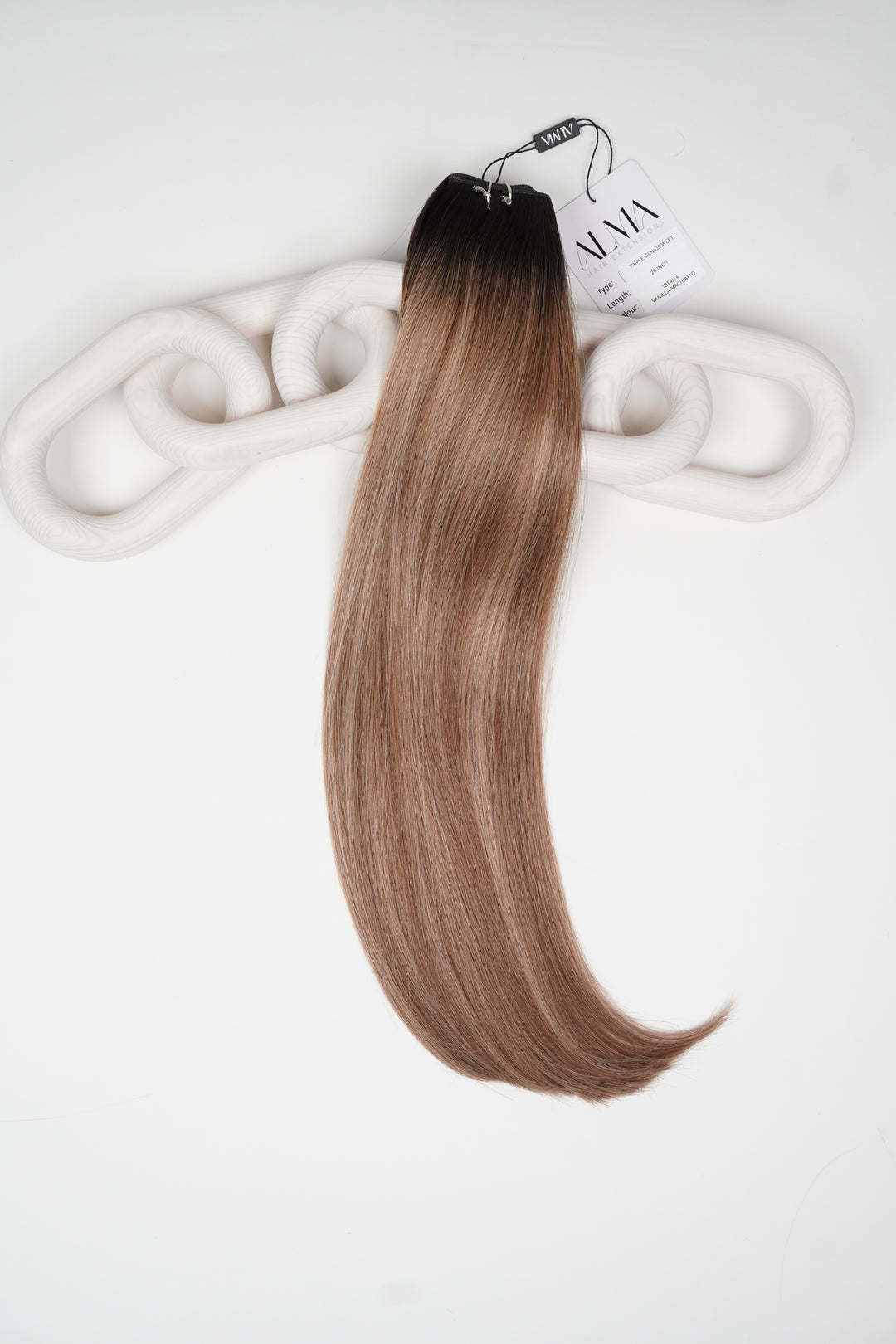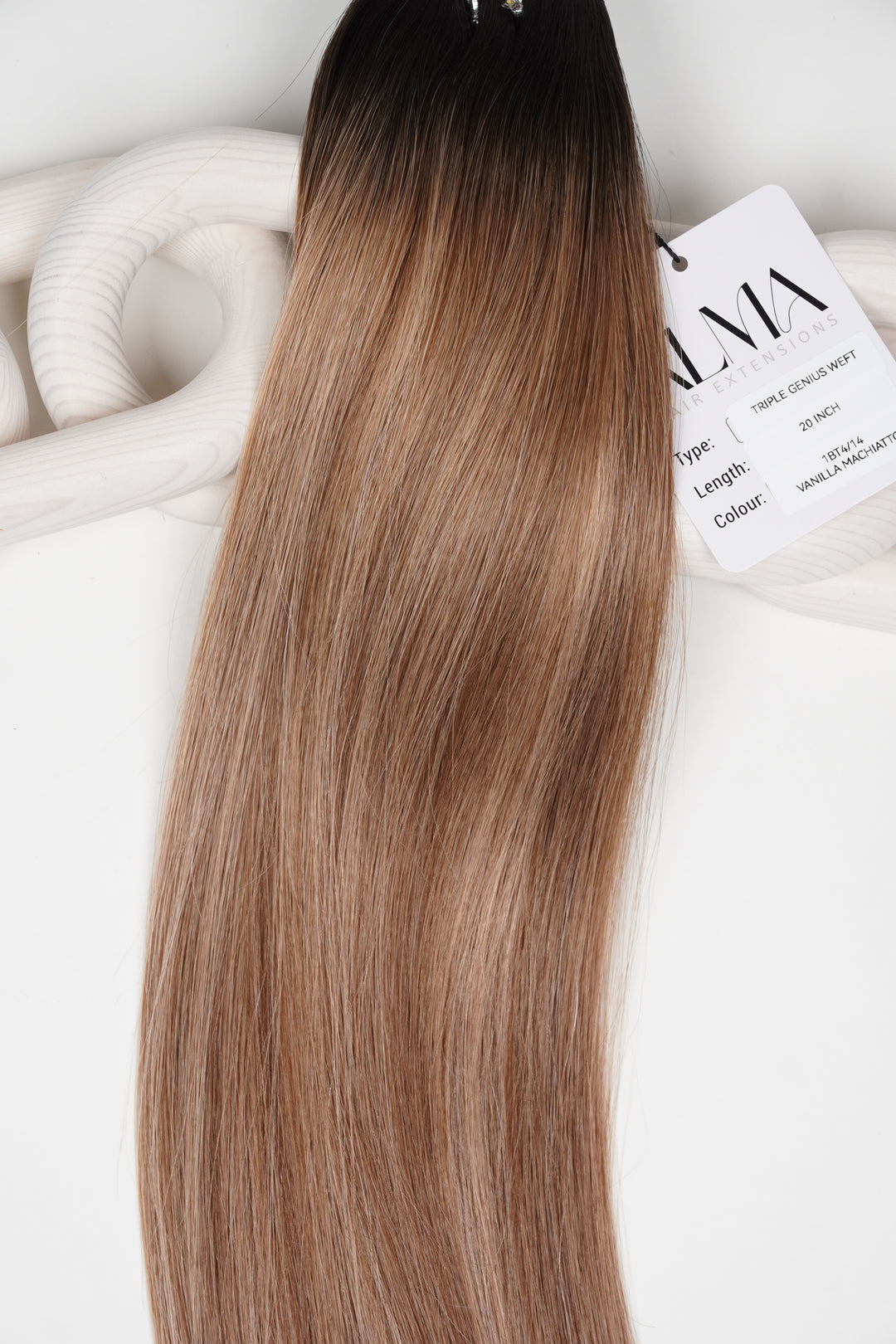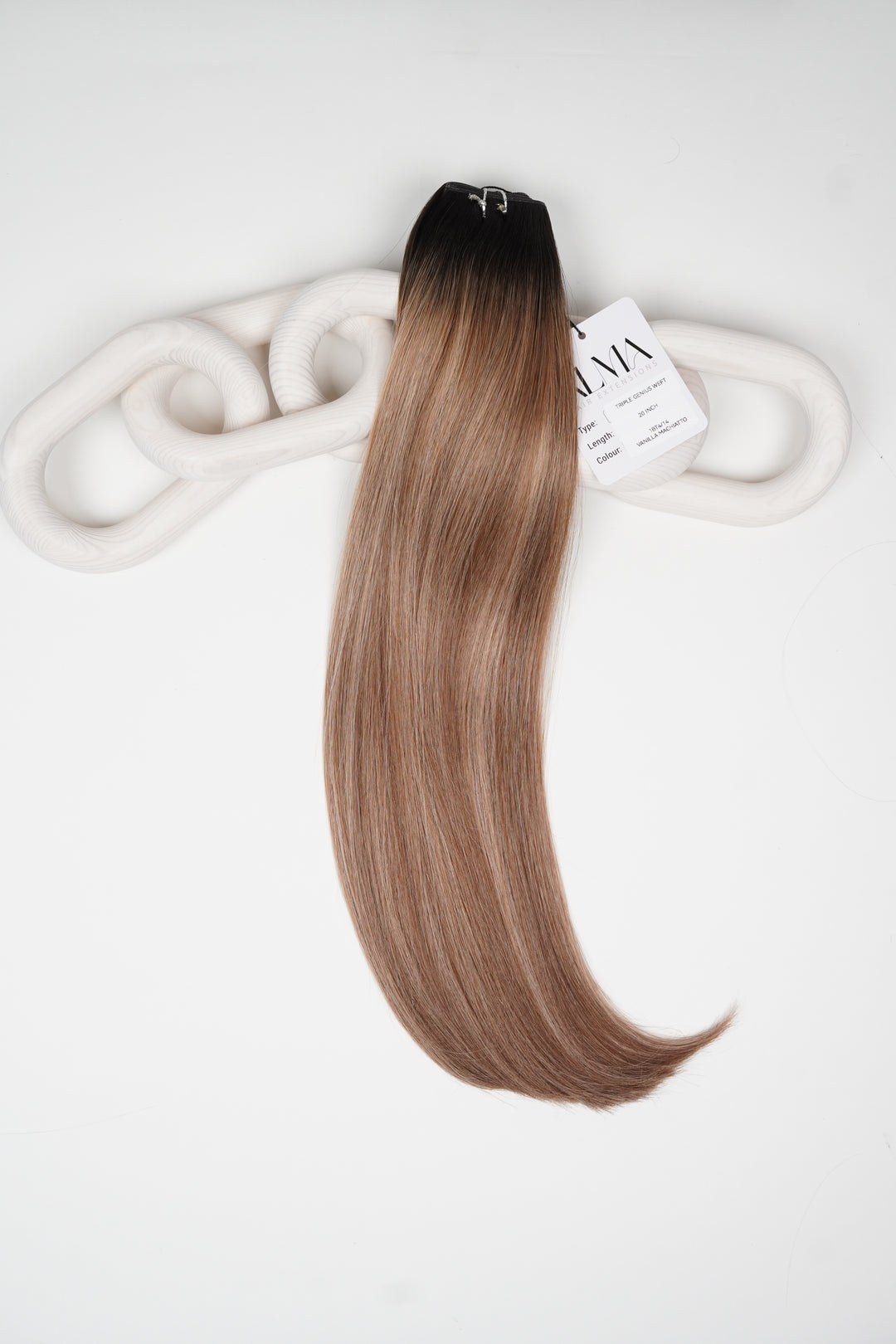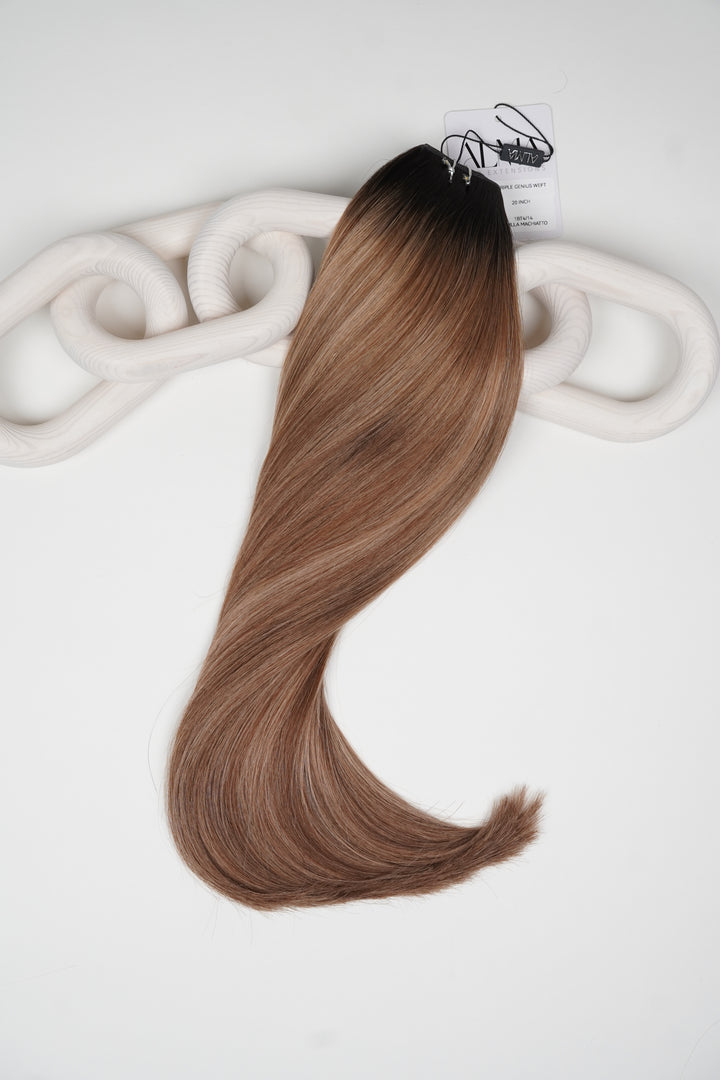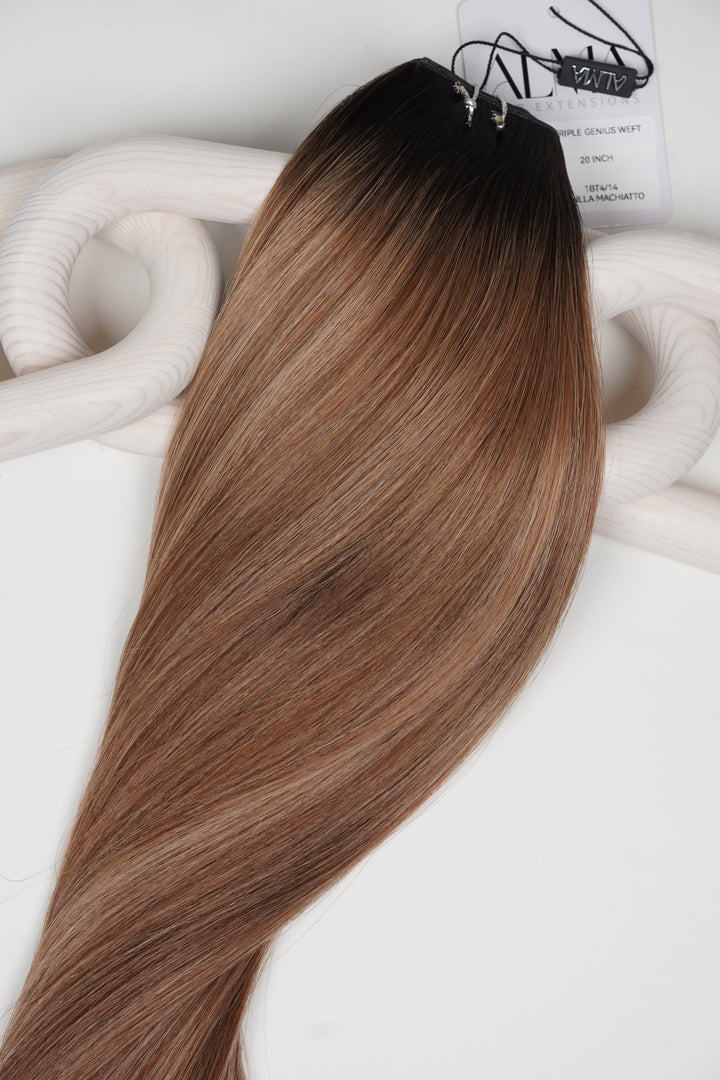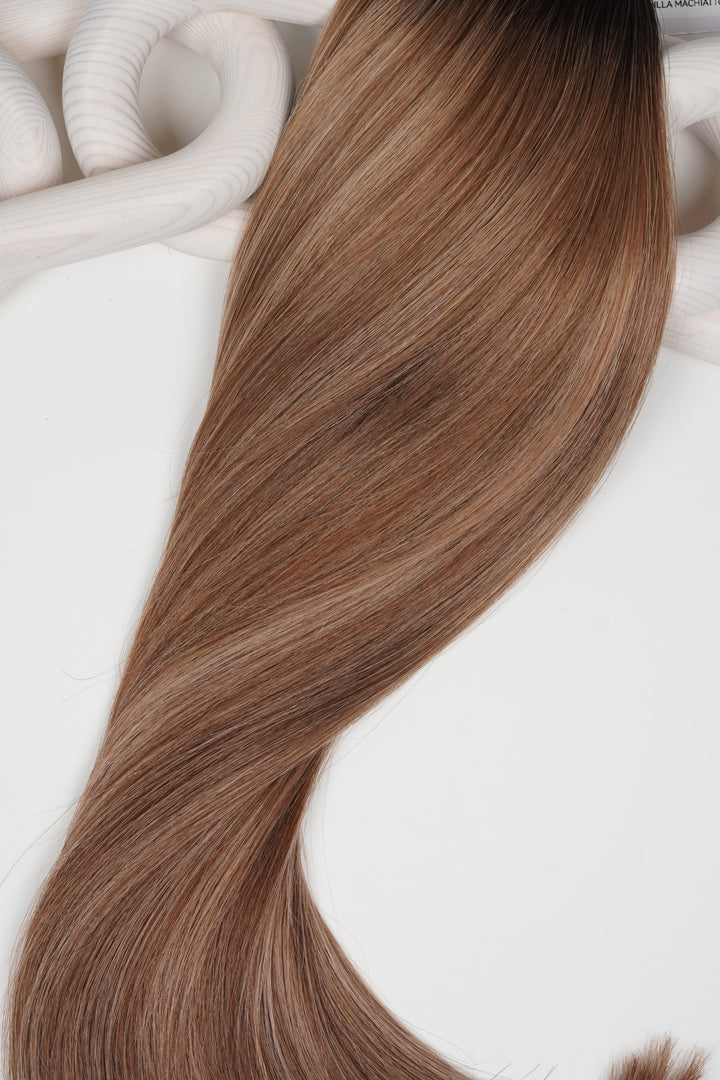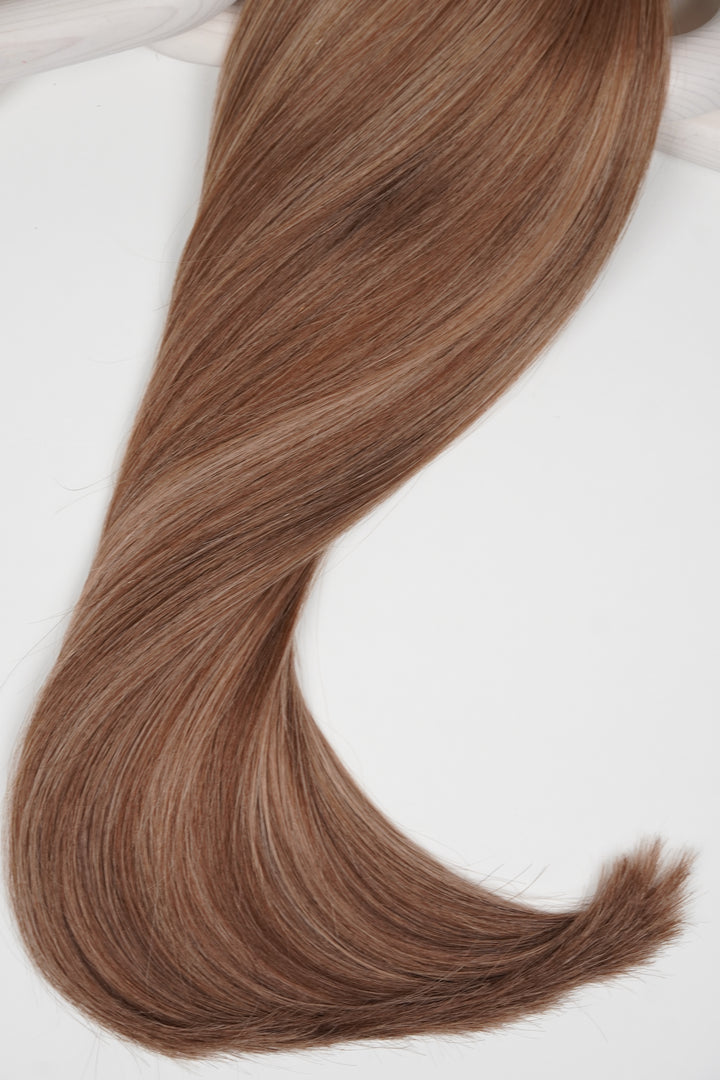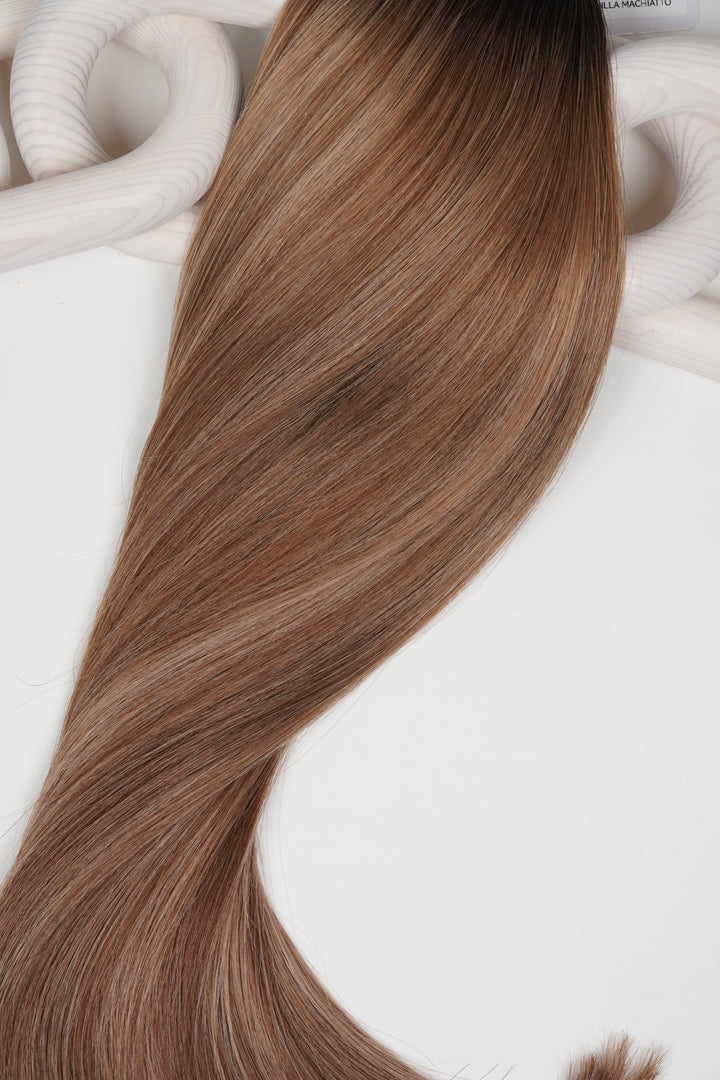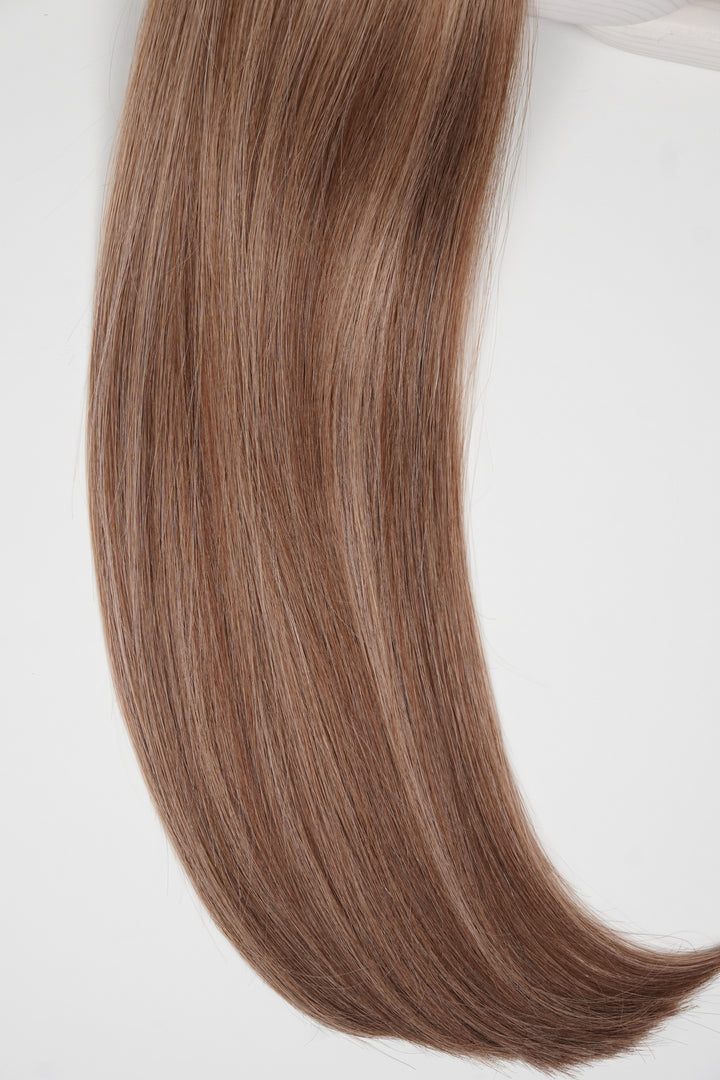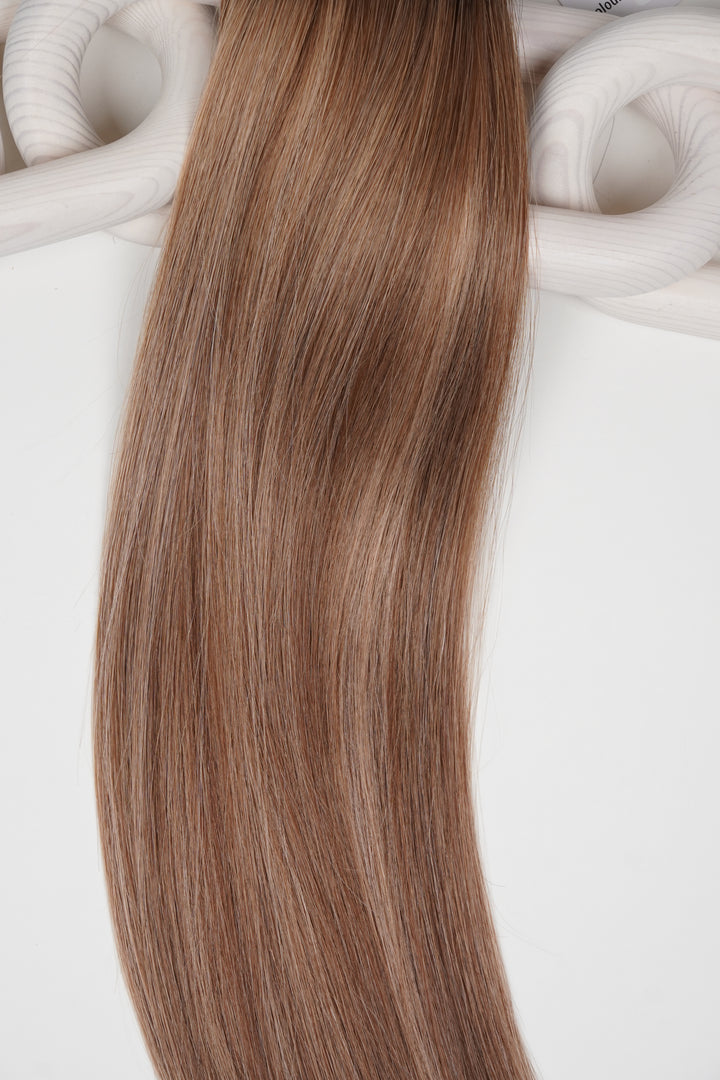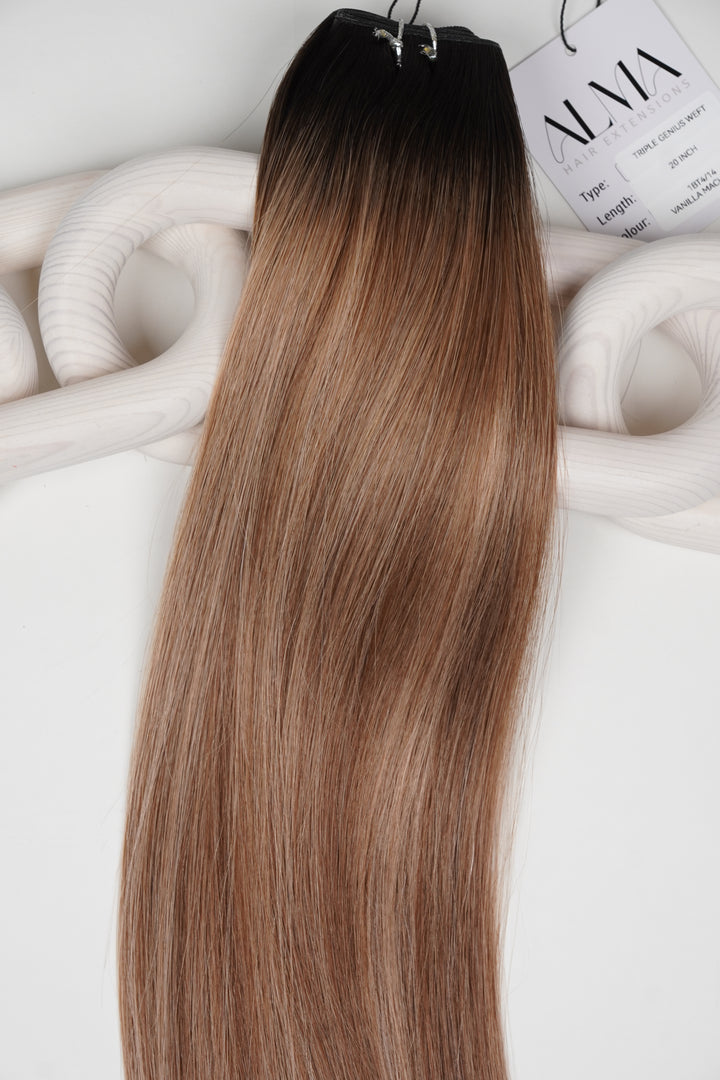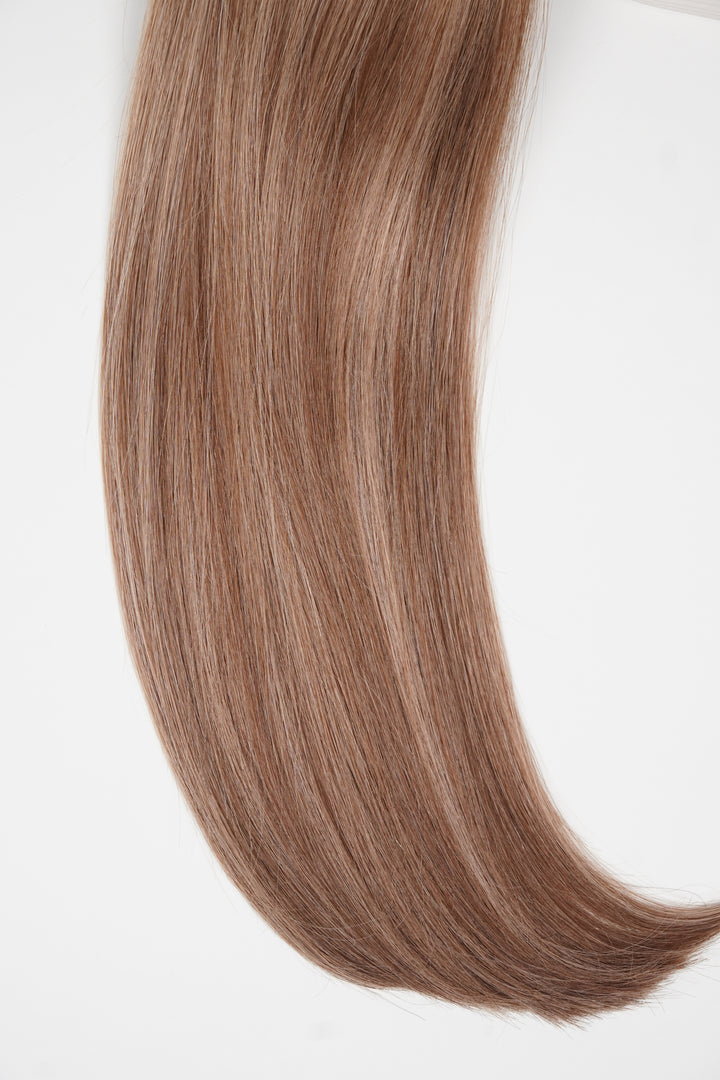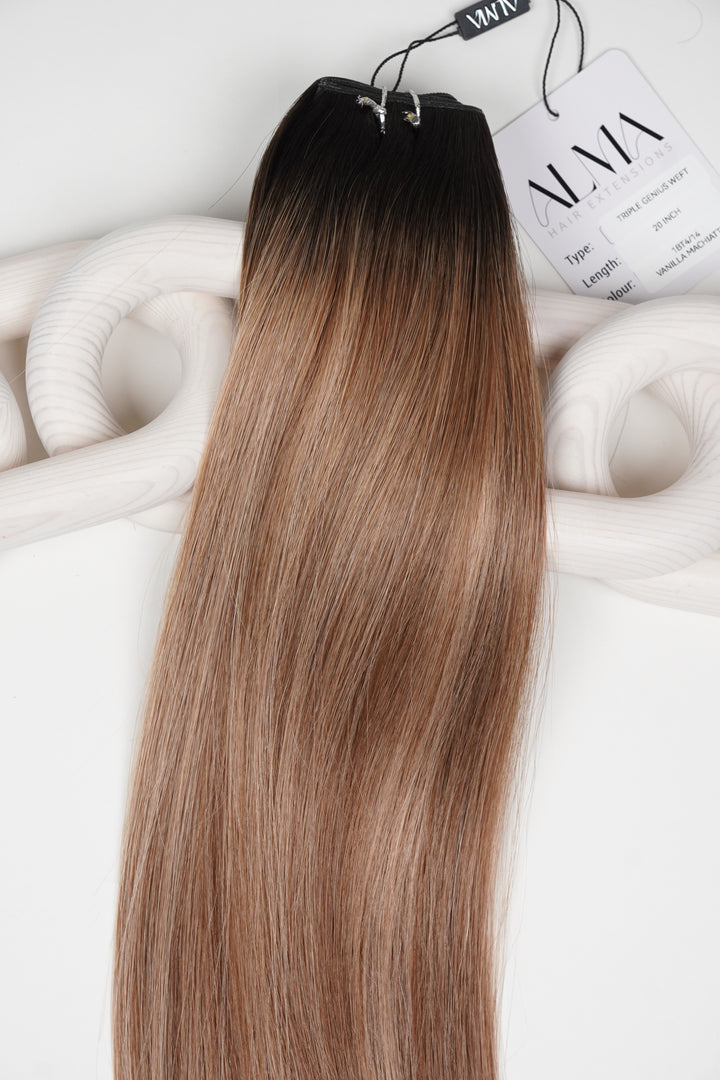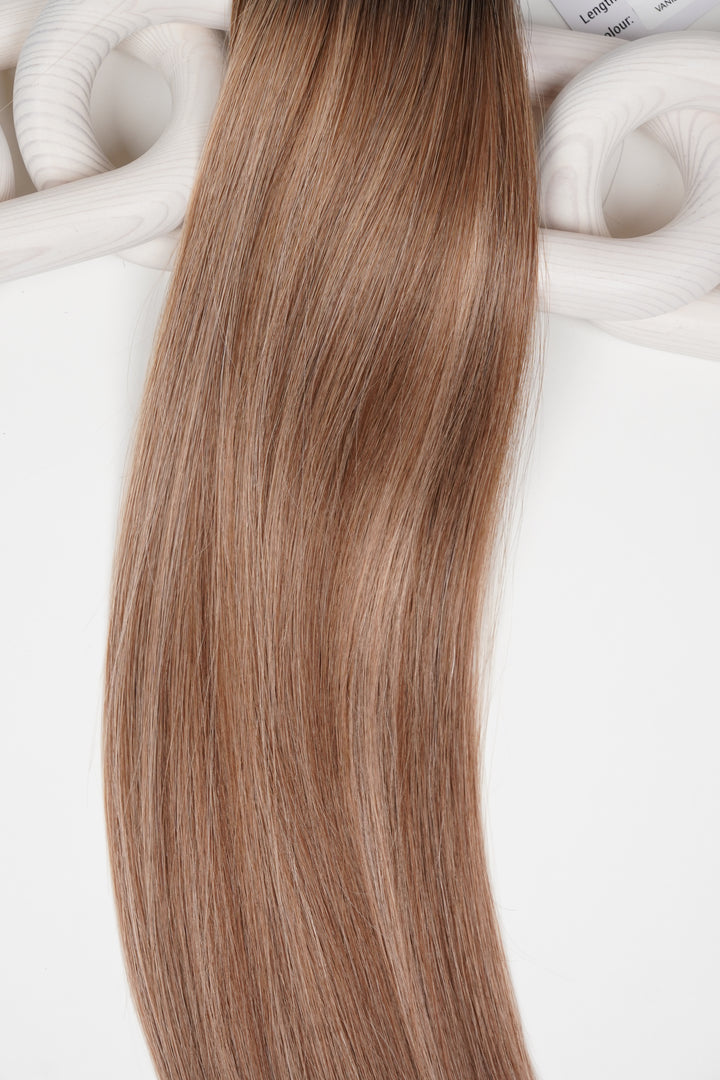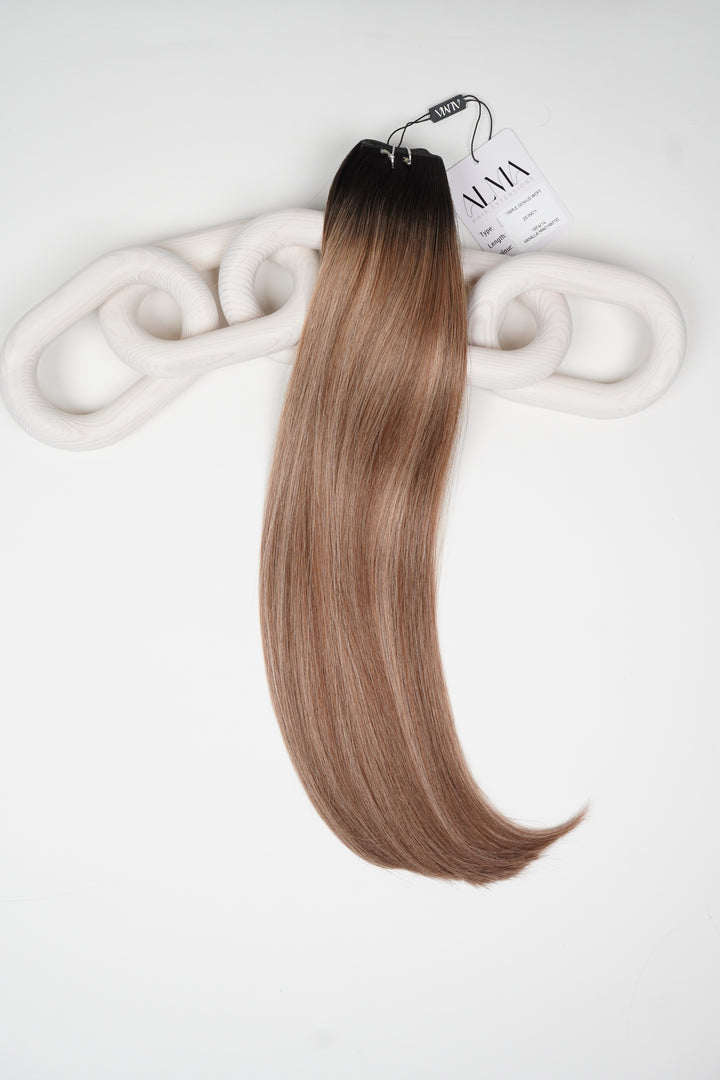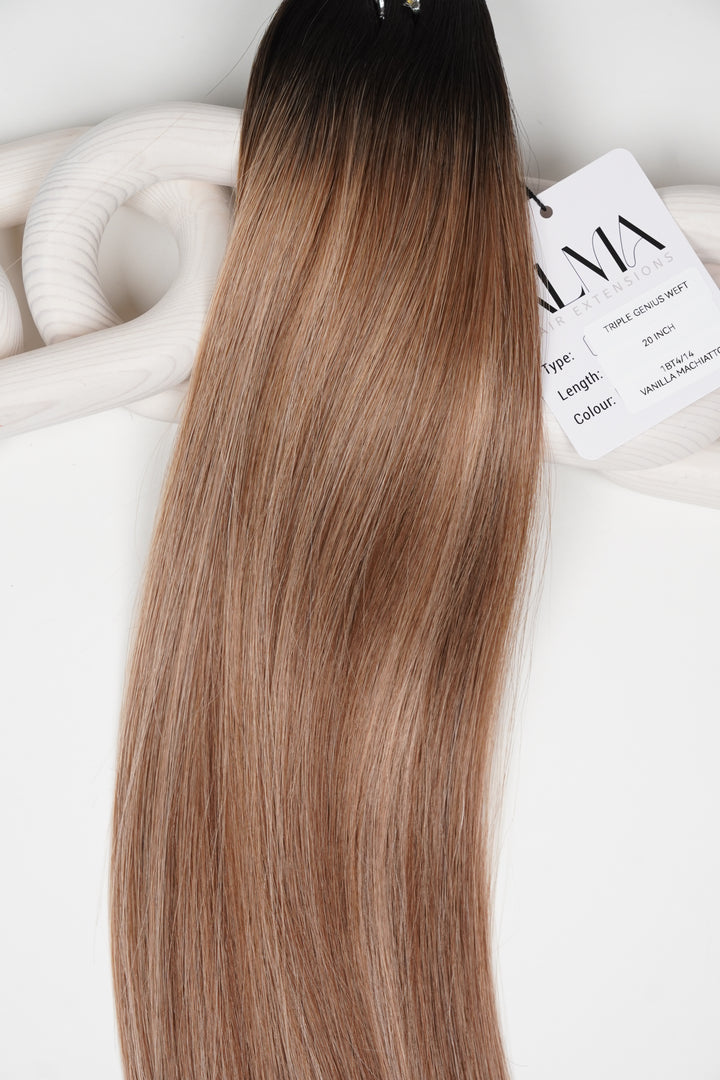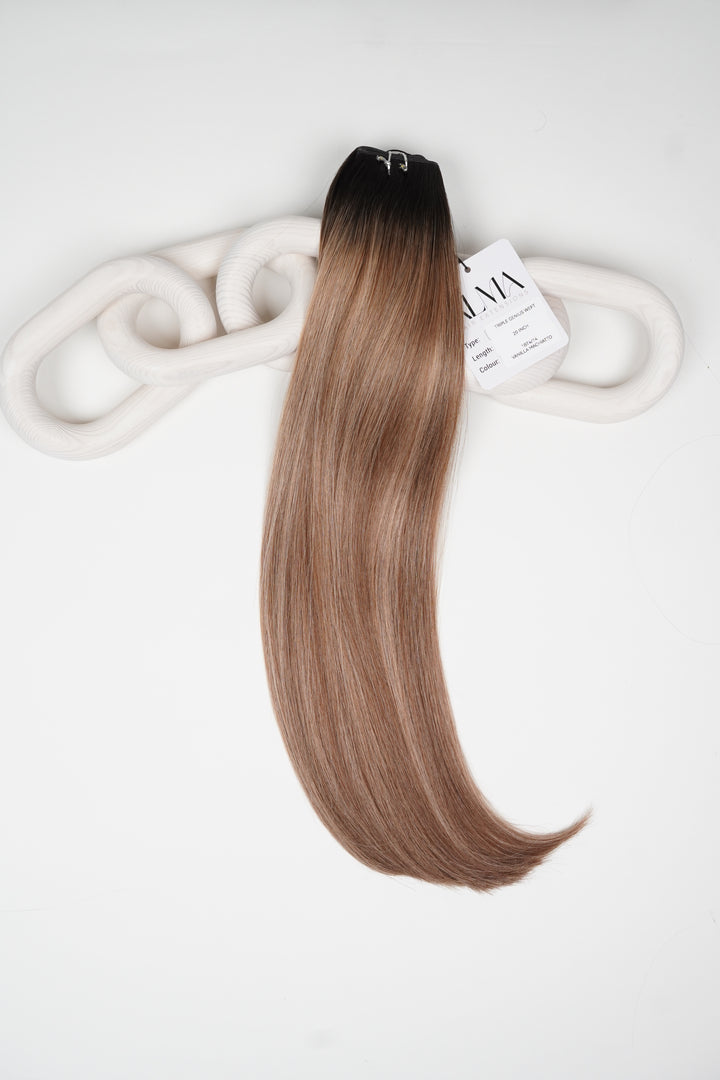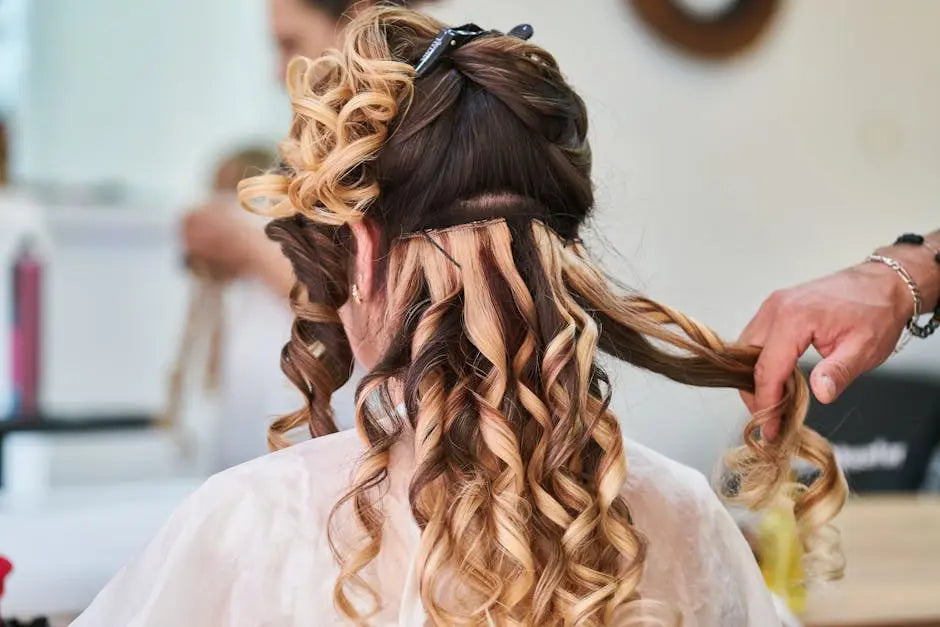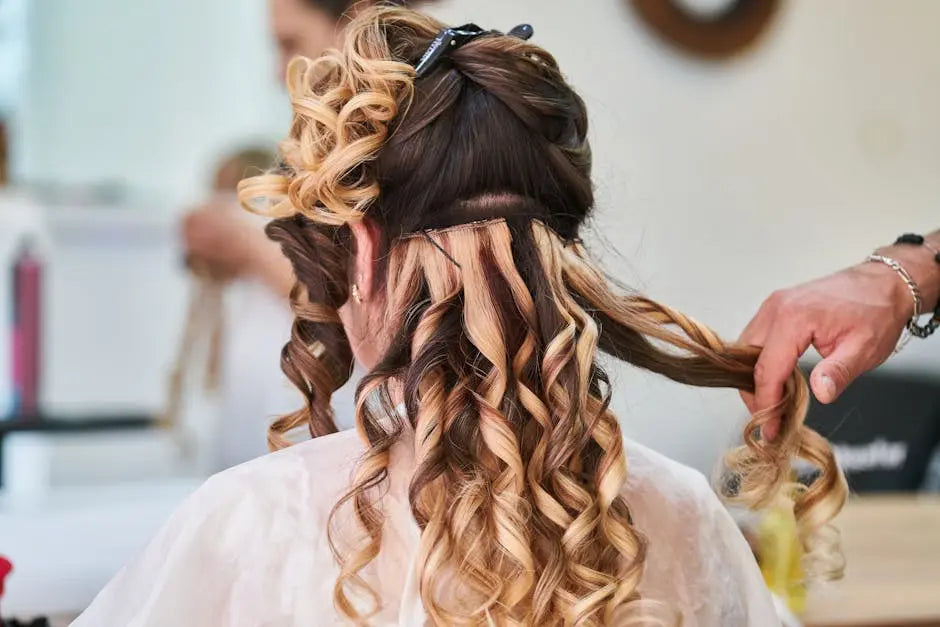Exploring the Ethical Sourcing of Beaded Weft Extensions in Beauty
In the ever-evolving world of beauty, the conversation around ethically sourced products is becoming increasingly important. Beaded weft extensions, a popular choice for many, offer both style and versatility. But how are these extensions sourced, and what does ethical sourcing truly mean? This blog will delve into the critical aspects of sourcing beaded weft extensions responsibly, ensuring you make informed choices for your beauty regimen.
Understanding Beaded Weft Extensions
Beaded weft extensions are a popular method for adding length and volume to hair. They involve attaching strands of hair to one’s natural hair using small beads, allowing for a seamless look. This section will explain how they work and their benefits in the realm of beauty.
But what exactly makes beaded weft extensions stand out compared to more traditional methods? The answer lies in their uniqueness and the flexibility they offer. Unlike glue or tape methods, which can damage your natural hair, beaded extensions are gentle and minimally invasive. This technique allows for easy adjustments and reapplication, which is especially appealing for those who love to change their hairstyles frequently.
Moreover, the different textures and colors available in beaded weft extensions enable individuals to express themselves more freely. Whether you’re aiming for a subtle enhancement or a bold transformation, there’s a beaded extension for everyone. As we dive deeper into this topic, it’s vital to understand not just how they enhance beauty, but also the implications of using responsibly sourced materials.
The Importance of Ethical Sourcing
Ethical sourcing refers to the practices involved in acquiring materials in a responsible and fair manner. In this section, we will explore why ethical sourcing matters in the beauty industry and how it affects producers, consumers, and the overall market.
When we purchase beauty products, we often consider how they will make us feel or look. However, the journey of these products significantly shapes their impact. Ethical sourcing ensures that the people behind the products are treated fairly and paid appropriately. This approach fosters a sense of accountability in the beauty industry, encouraging brands to prioritize the welfare of their workers.
Furthermore, the environmental aspects of ethical sourcing cannot be ignored. By supporting sustainable practices, we contribute to the preservation of ecosystems and promote a healthier planet. Thus, making informed choices about beaded weft extensions isn’t just about aesthetics; it’s a holistic approach that bridges beauty with social responsibility.
The Journey of Hair Extensions: From Source to Salon
This section will trace the journey of beaded weft extensions, detailing the processes involved in sourcing hair ethically. We will highlight the importance of fair working conditions, sustainable practices, and the impact on communities.
The sourcing of hair extensions often begins in regions where hair is collected from donors. However, it’s essential to ensure that donors are treated with respect and that they willingly part with their hair. Ethical sourcing practices typically involve transparency in the collection process, ensuring individuals are educated about where their hair is going and how it will be utilized.
Once sourced, the hair must go through a series of treatments to ensure it is clean and properly prepared. This journey to the salon is marked by various hands that must be compensated fairly. Brands that adhere to ethical sourcing make it a point to guarantee that every person involved in the process earns a living wage and works under safe conditions, reinforcing the moral backbone of the beauty industry.
How to Identify Ethically Sourced Extensions
With a growing number of brands claiming ethical practices, it can be challenging to determine which extensions truly meet these standards. We will provide tips and guidelines on what to look for when choosing beaded weft extensions, such as certifications and brand transparency.
First and foremost, look for third-party certifications that verify a brand’s ethical sourcing claims. Certifications often reflect a commitment to fair labor practices, environmental stewardship, and community support. Seeking out reputable brands that are transparent about their sourcing process can also help you make informed decisions. When a company openly shares information about where they source their hair and the working conditions of their suppliers, it speaks volumes about their integrity.
Additionally, consider reaching out to brands for clarification. A company that values its customers will be more than willing to discuss their sourcing practices. Engaging in conversations about ethical sourcing not only boosts your awareness but also encourages brands to maintain their ethical standards. By making these informed choices, you’re not just a consumer; you’re part of a larger movement towards responsible beauty.
Brands Leading the Way in Ethical Sourcing
Highlighting brands that prioritize ethical sourcing, this section will feature several companies known for their commitment to sustainability and fair labor practices. We will explore their approaches and what sets them apart in the industry.
One standout in this area is a brand known for its transparency—providing customers with detailed information on where their hair is sourced and the conditions of the production facilities. Their initiatives extend beyond just ethical sourcing; they are involved in community-building projects in areas where their hair is collected, emphasizing a holistic approach to beauty.
Another remarkable brand focuses not only on the sourcing of hair but also on the environmental impact of their production processes. They incorporate sustainable practices into every aspect of their business, from the chemicals used in processing to eco-friendly packaging. This brand is a great example of how beauty can be both glamorous and responsible, making it an inspiring choice for eco-conscious consumers.
The Future of Ethical Sourcing in the Beauty Industry
As consumer demand for ethically sourced products grows, the beauty industry is adapting. This section will discuss emerging trends and the potential shifts in the market that could drive more brands to adopt ethical sourcing practices.
The rise of social media has played a crucial role in this shift. Consumers today are more informed and vocal about their values, which puts pressure on brands to uphold ethical standards. As a result, many companies are beginning to rethink how they source their materials. We’re witnessing a growing trend where clients not only want beauty products that enhance their looks but also reflect their values.
Looking ahead, it’s likely that more brands will strive to incorporate ethical practices into their business models. Market research indicates that consumers are willing to pay a premium for ethically sourced products, paving the way for an exciting future where ethical beauty is not just a niche topic but a standard practice across the industry. This evolution could reshape the beauty landscape, making it more inclusive, sustainable, and responsible than ever before.
Embracing Ethical Beauty Choices
As we navigate the world of beauty products, it’s essential to consider not only how they enhance our appearance but also the impact they have on the world around us. Ethically sourcing beaded weft extensions not only supports sustainable practices but also reinforces the values of transparency and fairness in the beauty industry. By choosing extensions that have been responsibly sourced, we can enjoy our beauty routines with a clear conscience.
